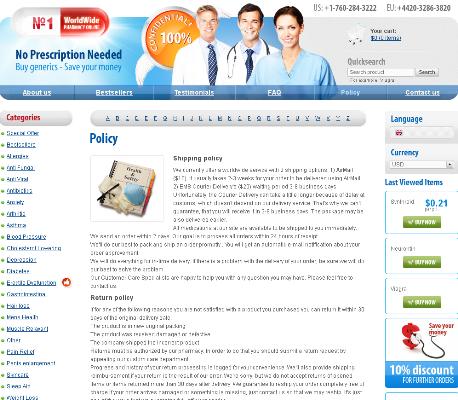How Buspar Works in the Body and Brain
When someone takes Buspar, known generically as buspirone, it enters the bloodstream and makes its way to the brain. There, it influences specific neurotransmitters, especially serotonin and dopamine. By balancing these chemicals, Buspar helps reduce the excessive anxiety signals often seen in the brain. This process doesn’t cause sedation, which makes Buspar unique among anti-anxiety medications. Over time, consistent use allows the body and mind to experience calmer reactions to daily stressors, fostering a sense of emotional balance.
| Key Neurotransmitters Affected | Buspar’s Main Action |
|---|---|
| Serotonin | Balances mood, reduces anxiety |
| Dopamine | Modulates emotional responses |
The Effects of Alcohol on Mental Health

Imagine unwinding after a stressful day with a drink, only to realize that alcohol’s temporary relief can mask larger mental health consequences. Alcohol is a depressant that slows down brain activity, affecting mood, judgment, and impulse control. Over time, regular drinking can worsen symptoms of anxiety and depression, making recovery harder for those already seeking help.
When someone is prescribed anxiety medications like buspar, alcohol’s impact becomes even more concerning. Combining these substances can intensify feelings of sadness, disrupt sleep, and increase the risk of mood swings. Instead of calming anxiety, alcohol often aggravates emotional instability, making effective treatment with medications like buspar challenging.
What Happens When Buspar and Alcohol Interact
When someone takes Buspar, the medication works to balance certain chemicals in the brain, specifically targeting anxiety without sedative effects. Alcohol, on the other hand, is a central nervous system depressant that slows brain activity and can alter mood and perception. When both substances are used together, their effects on the brain’s chemistry may overlap in unpredictable ways. Some people may experience heightened drowsiness, confusion, or difficulty concentrating.
The interaction between Buspar and alcohol can also reduce the effectiveness of the anxiety treatment. In some cases, alcohol might intensify symptoms that Buspar is meant to control, such as nervousness or irritability. Additionally, combining these substances could impair judgment and coordination, raising the risk of accidents, especially when driving or operating machinery. For those managing anxiety, this mix poses significant safety concerns.
Potential Side Effects of Mixing Buspar with Alcohol

Combining buspar and alcohol can lead to some unexpected and uncomfortable reactions. For many, the most noticeable effects are increased dizziness, drowsiness, and difficulty concentrating. Everyday activities—like driving or even having a conversation—may suddenly feel much harder than usual.
What's more, both alcohol and buspar can impact your mood and mental clarity. When taken together, these effects can amplify, sometimes resulting in confusion, blurred vision, or changes in judgment. This combination may also worsen feelings of anxiety instead of easing them.
Over time, mixing buspar with alcohol could put extra strain on your liver and central nervous system. This risk is especially concerning if you already have health issues.
Myths and Facts about This Drug Combination
Many people believe that taking Buspar means they can drink alcohol safely, but this idea is misleading. In fact, combining these substances may intensify drowsiness, dizziness, and impair coordination more than either alone. Some also mistakenly assume Buspar works like benzodiazepines and interacts with alcohol in the same way. However, Buspar acts differently in the brain and doesn’t have the same sedative properties.
It's essential to separate myths from facts to make safe decisions. If you’re considering a social drink while on Buspar, knowing the real risks (and dispelling rumors) helps you avoid dangerous situations.
| Myth | Fact |
|---|---|
| Buspar and alcohol can be mixed safely | This combination can increase side effects and risks |
| Buspar causes the same dangers as benzos with alcohol | Buspar’s action is different, but risks still exist |
Safer Alternatives for Managing Anxiety Symptoms
For many people, finding healthy ways to cope with anxiety is a journey that involves exploring a variety of techniques. While medication can be beneficial, several effective alternatives are available without the risks of medication and alcohol interactions. Cognitive-behavioral therapy (CBT) is often considered the gold standard for anxiety management. This evidence-based approach helps individuals identify triggers, challenge unhelpful thoughts, and build healthier patterns of behavior.
Additionally, mindfulness practices like meditation and deep breathing exercises can promote relaxation and a greater sense of control over anxious feelings. Regular physical activity—such as walking, yoga, or swimming—has also been shown to significantly decrease anxiety symptoms. For some, supportive social connections or joining a support group further reduces stress and fosters resilience. Exploring these alternatives with a mental health professional can lead to personalized and effective anxiety relief.



